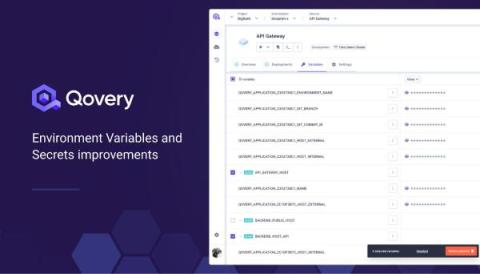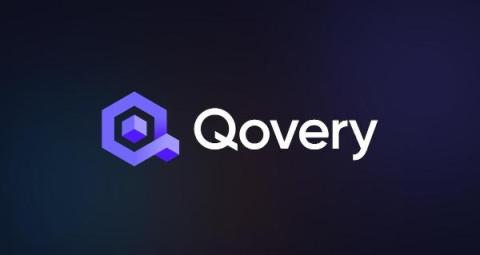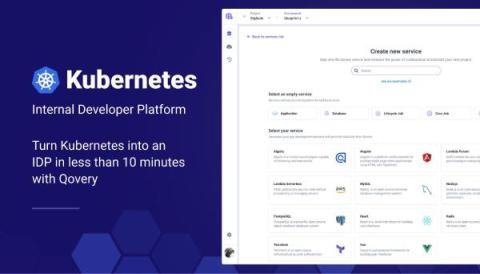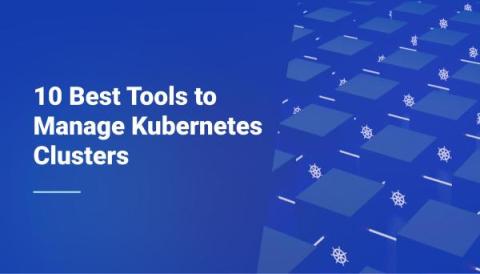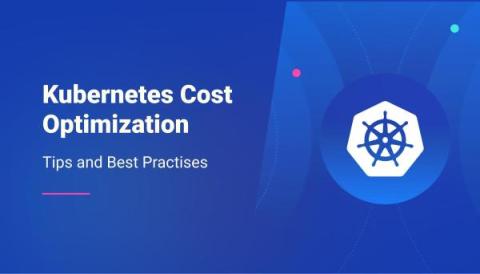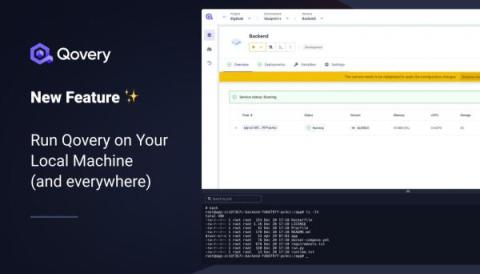Choosing The Right Ephemeral Environments Tool: A Checklist
Engineering teams are rapidly embracing ephemeral environments. These short-lived, on-demand environments offer a game-changer for developers, accelerating workflows and boosting efficiency. However, with a variety of ephemeral environment tools available, choosing the right one can feel like navigating a maze. Today, I’m sharing a detailed assessment checklist for Ephemeral Environment tools.





